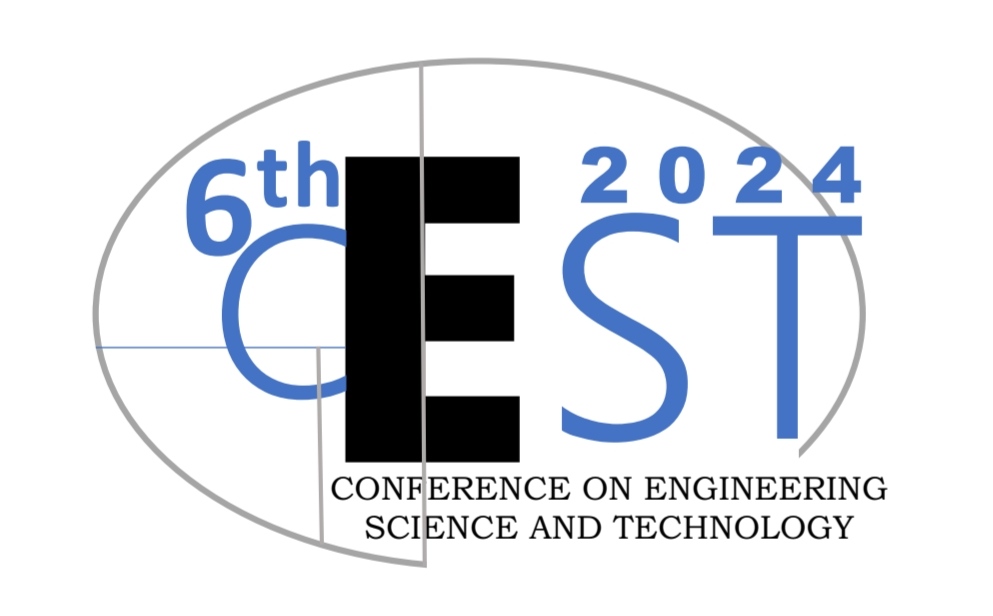Abstract
E-government services aim to provide citizens with efficient and accessible access to public services, yet challenges remain in ensuring these services are user-friendly and inclusive. Digital transformation in public services is increasingly leveraging advanced technologies to improve efficiency and user experience. As governments seek to enhance their service delivery, AI-driven chabots have been emerged as a key solution for engaging with citizens more effectively. This paper presents GovAssist, an AI-driven chatbot designed to enhance citizen engagement by offering personalized, context-aware assistance. Leveraging advanced AI techniques for user profiling, adaptive learning, and multilingual support, GovAssist tailors responses based on users' past interactions and preferences, ensuring culturally sensitive communication. The Chabot seamlessly integrates with government databases through secure APIs, enabling real-time data retrieval and automation of processes like form filling and appointment scheduling. Its scalable cloud-based infrastructure, combined with robust natural language processing capabilities, ensures high efficiency and data security. Post-implementation results showed a significant reduction in average wait times by 40%, an increase in automated tasks by 175%, and a 41% improvement in user satisfaction scores. By continuously gathering user feedback and applying techniques like A/B testing and sentiment analysis, GovAssist evolves to meet user needs, making it a powerful tool for improving the accessibility, efficiency, and usability of e-government services.

This work is licensed under a Creative Commons Attribution-NonCommercial-ShareAlike 4.0 International License.
Copyright (c) 2024 Sebha University Conference Proceedings
